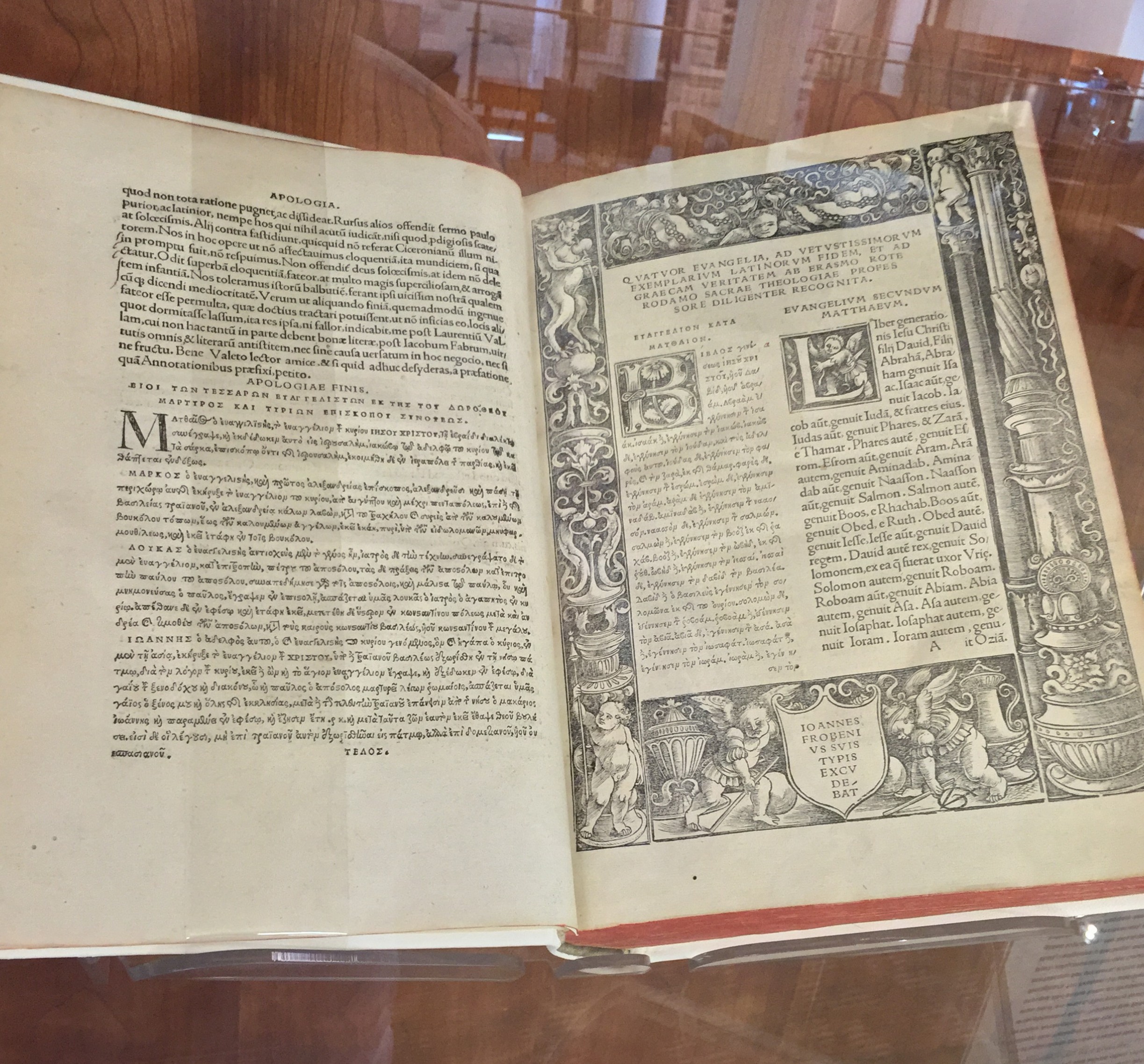“Everyone knows that the shortest verse in the Bible is “Jesus wept” (John 11:35). But is it? In Greek, John 11:35 is ἐδάκρυσεν ὁ Ἰησοῦς: three words instead of two (and sixteen characters). There is a two-word verse that is shorter in Greek: 1 Thess. 5:16, Πάντοτε χαίρετε, “Rejoice always,” is only fourteen characters. The next verse, 1 Thess. 5:17, is also two words but it contains twenty-two characters: ἀδιαλείπτως προσεύχεσθε (“Pray unceasingly”). Both of these two-word verses contain imperatives.”
Rodney J. Decker, Reading Koine Greek: An Introduction and Integrated Workbook (Baker Academic), 484.
